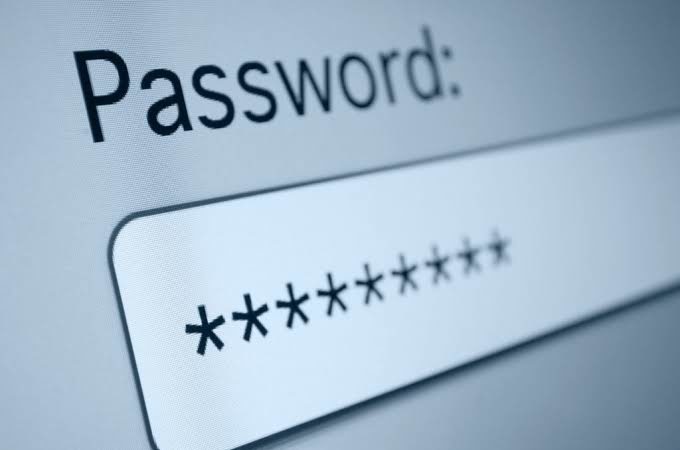Experiencing difficulty recollecting their secret phrase after an extended vacation? That is only a glimpse of something larger of secret phrase related issues, specialists state.
It’s not simply post-get-away blues. Recollecting a confounded series of characters is an issue recognized by affiliations, for example, Fido Alliance, which expects to help diminish the world’s dependence on passwords.
Submitting numerous intricate passwords to memory is a “massive usability challenge,” Andrew Shikiar, official executive of Fido Alliance said.
“This usability challenge makes people revert to the easiest password to remember and reuse, which then exacerbates password risks,” they included.
Raluca Budiu, chief at UX inquire about and counseling firm Nielsen Norman Group, concurred with the supposition.
Talking from a client experience viewpoint, they stated: “The biggest problem with passwords is that people have to remember them.”
Taking note of that sites today have “different, relatively sophisticated” requirements, they said: “It’s harder and harder to come up with a meaningful password that will be easy to recall.”
Security concerns
In any event, for individuals with the most grounded passwords and photographic recollections, security concerns remain.
Passwords are “human readable shared secrets that typically are stored on a central server and thus are susceptible to being stolen and reused,” said Fido Alliance’s Shikiar, including that the burglary could occur in a “myriad” of ways.
Jonathan Knudsen, a senior security strategist at Synopsys Software Integrity Group, stated: “People overestimate the ability of websites to protect their passwords. This is why it is so important to use unique passwords for every site.”
“If you reuse the same password everywhere, then a password breach at just one poorly-protected site can be catastrophic for you,” they said.
Tragically, an investigation of information from in excess of 47,000 associations uncovered that workers reuse a secret word a normal of multiple times. That is as indicated by LastPass’ third yearly worldwide secret phrase security report.
The arrangement, specialists state, is to move away from this type of confirmation totally. Rather, clients could sign in utilizing cell phones, USB security keys and biometric scanners, for example, unique mark or voice confirmation.
In China, QR codes and facial acknowledgment are as of now being utilized to make installments.
Fido Alliance’s Shikiar, in any case, called attention to that there would be “behavioral and device upgrade cycles to overcome.”
“The ‘a-ha’ moment will come when people start to realize that the same simple gesture that means ‘unlock’ on their phone can now mean ‘log in’ — instead of being dependent on passwords.”
Until passwords become a relic of days gone by, here are three fantasies, exposed:
Multifaceted validation isn’t idiot proof
”Every security feature can be defeated,” Knudsen of Synopsys Software Integrity Group stated, when gotten some information about two-factor verification.
Programmers can assume control over a telephone number in an assault known as SIM jacking or SIM swapping. That implies one-time passwords would be sent to the aggressors and not the legitimate proprietors of the records.
Complex passwords aren’t that greatly improved
“Anything is better than the laziest of passwords,” said Shikiar, pointing to the “ever-popular” options of 123456 and password. “But ultimately any password can be stolen.”
Moreover, individuals think supplanting letters with numbers or images to make an increasingly mind boggling secret phrase is a powerful against terrible entertainers, said Knudsen. “For example, they might believe that ‘secret’ is a weak password but ‘s3cr3t’ will be hard to guess,” they said. “However, hackers are wise to this type of substitution and will have no trouble guessing such a password.”
Visit changes don’t help with secret word security
Numerous workers would be acquainted with the feared email that comes each three to a half year — an update that their secret key is terminating soon — and should be supplanted.
In any case, as indicated by Shikiar, “forcing frequent password changes or a mix of special characters has actually proven to create passwords that are more susceptible to being forgotten and — surprisingly — to being swiped by hackers.”
Disclaimer: The views, suggestions, and opinions expressed here are the sole responsibility of the experts. No Chicago Headlines journalist was involved in the writing and production of this article.





